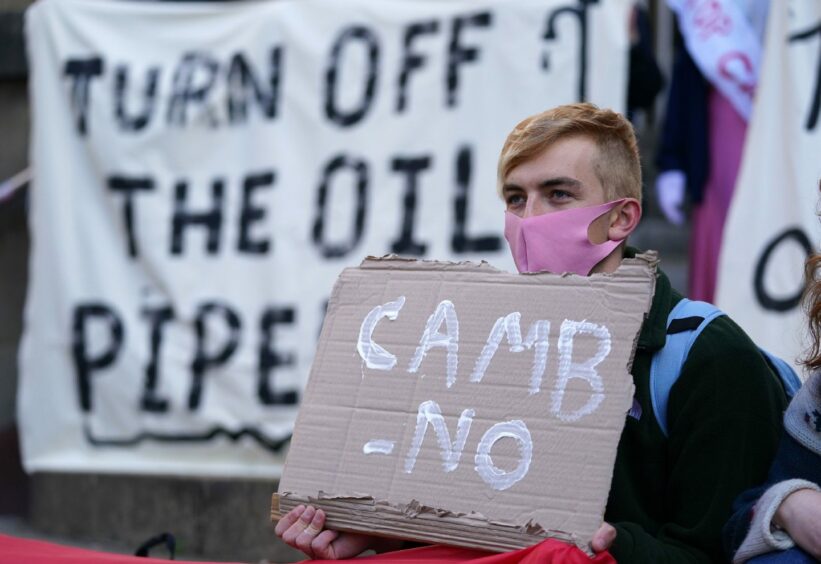
Greenpeace said its position on the controversial Cambo field “hasn’t changed” and that it still intends to pursue legal action if development goes ahead, as partner Shell looks to offload its stakes in the project.
Reports earlier this week suggested Shell (LON:SHEL) is initiating the hunt for a buyer of its 30% stake in the 175 million barrel West of Shetland project, with investment bank Jefferies set to aid the transaction.
However, Greenpeace has made clear its opposition to the project will not dissolve despite the change in ownership.
Ami McCarthy, political campaigner for the NGO’s UK arm said: “It’s a huge win for campaigners that Shell is finally ditching Cambo, but this project should come with a buyer beware warning to whoever comes along next.”
Ms McCarthy said the government “should’ve rejected this project long ago.”
“If it continues to ignore the science and push on with Cambo – our position hasn’t changed – we’ll look into taking legal action.”
The group has already held a series of protests and an email campaign to MPs in attempts to block the development.
Last year it unsuccessfully pursued a case against development of the Vorlich oilfield by BP and Ithaca Energy.
Greenpeace took the UK Government and the-then Oil and Gas Authority, along with both oil firms, to the Court of Session in Edinburgh, contesting that drilling permits had been granted illegally without taking climate impacts into account.
The case was dismissed after a two-day hearing, in a blow to what many hoped might be an important litmus test for whether other UK fields could be blocked though the NGO is still hoping to secure a Supreme Court appeal.
In addition, it last month launched a separate challenge against the government over Shell’s Jackdaw field off Aberdeen – one day after the operator took an investment decision on the project.
A formal challenge to any decision on Cambo therefore looks highly likely.
The field has long been a lightning rod for environmental and civil campaigners, particularly in the run-up to the COP26 conference in Glasgow, with the field’s name now synonymous with a wave of protests by the likes of Greenpeace and Extinction Rebellion.
Shell said in December that it would not be investing in the project, forcing operator Siccar Point – which holds the remaining 70% interest – to put the project on pause.
The supermajor’s decision was hailed as a “death blow” to the project, however the acquisition of Siccar Point by Ithaca earlier this year may inject new life into the development process.
Officially the project is still on hold, but an ongoing push for energy security by the UK government and the influx of two new partners means a new investment decision – and a corresponding legal challenge – may be accelerated.
